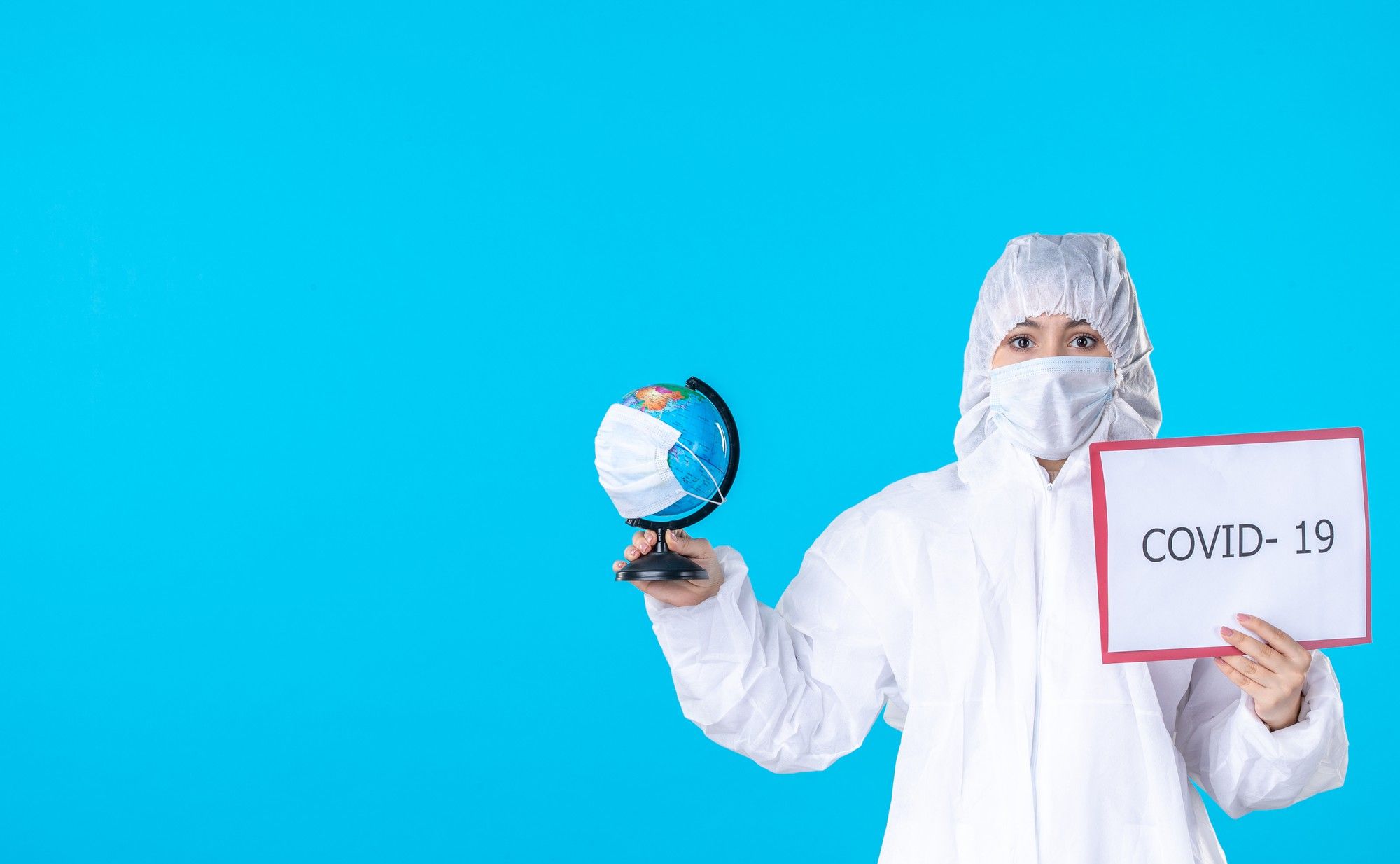
Prime Minister Narendra Modi has called for greater global collaboration in healthcare, saying that the COVID-19 pandemic has highlighted the need for a more unified approach to global health. Modi said that India is committed to working with other countries to address the challenges of global health, and he highlighted India’s efforts to develop and manufacture COVID-19 vaccines. Modi also called for greater investment in research and development for new vaccines and treatments, and he said that this is essential to building a more resilient global health system.
Prime Minister Narendra Modi on Sunday called for greater global collaboration in healthcare, saying that the COVID-19 pandemic has highlighted the need for a more unified approach to global health.
In his video message to the 76th session of the World Health Assembly in Geneva, Modi said that the pandemic has shown that “no country is immune” to infectious diseases. He also noted that the pandemic has had a disproportionate impact on developing countries, which often have weaker healthcare systems.
India, according to Modi, is dedicated to cooperating with other nations to tackle the problems associated with international health. He emphasized India’s efforts to create and produce COVID-19 vaccines, which he claimed have contributed to the availability of vaccines for people all around the world.
Modi also called for greater investment in research and development for new vaccines and treatments. He said that this is essential to building a more resilient global health system that can better respond to future pandemics.
In his final statement, Modi declared that “Health is a worldwide public good.” He urged all nations to cooperate to guarantee that everyone, regardless of wealth or nationality, has access to high-quality healthcare.
Here are some additional details about Modi’s speech:
- Modi called for a “new era of global health cooperation.” He said that this cooperation should be based on the principles of equity, solidarity, and responsibility.
- Modi highlighted India’s commitment to providing affordable healthcare to its citizens. He said that India has made significant progress in recent years in expanding access to healthcare, including through the launch of the Ayushman Bharat program.
- Modi called for greater investment in research and development for new vaccines and treatments. He said that this is essential to building a more resilient global health system that can better respond to future pandemics.
- Modi concluded by saying that “health is a global public good.” He called on all countries to work together to ensure that everyone has access to quality healthcare, regardless of their income or nationality.
Modi’s speech is a welcome call for greater global collaboration in healthcare. The COVID-19 pandemic has shown that no country is immune to infectious diseases and that we need to work together to build a more resilient global health system.
Here are some additional details about India’s traditional wisdom on health:
- The ancient Indian text, the Charaka Samhita, defines health as “a state of complete physical, mental, and social well-being and not merely the absence of disease or infirmity.”
- The text also states that “health is the greatest wealth” and that “the human body is a sacred temple.”
- Indian philosophy emphasizes the importance of balance and harmony in all aspects of life, including health.
- This is reflected in the concept of Ayurveda, which is a holistic system of medicine that seeks to balance the body’s doshas, or humors.
- Ayurveda emphasizes the importance of diet, exercise, and lifestyle changes in promoting health and well-being.
India’s traditional wisdom on health is relevant to the modern world. The COVID-19 pandemic has shown that we need to take a holistic approach to health and that we need to work together to build a more resilient global health system.
